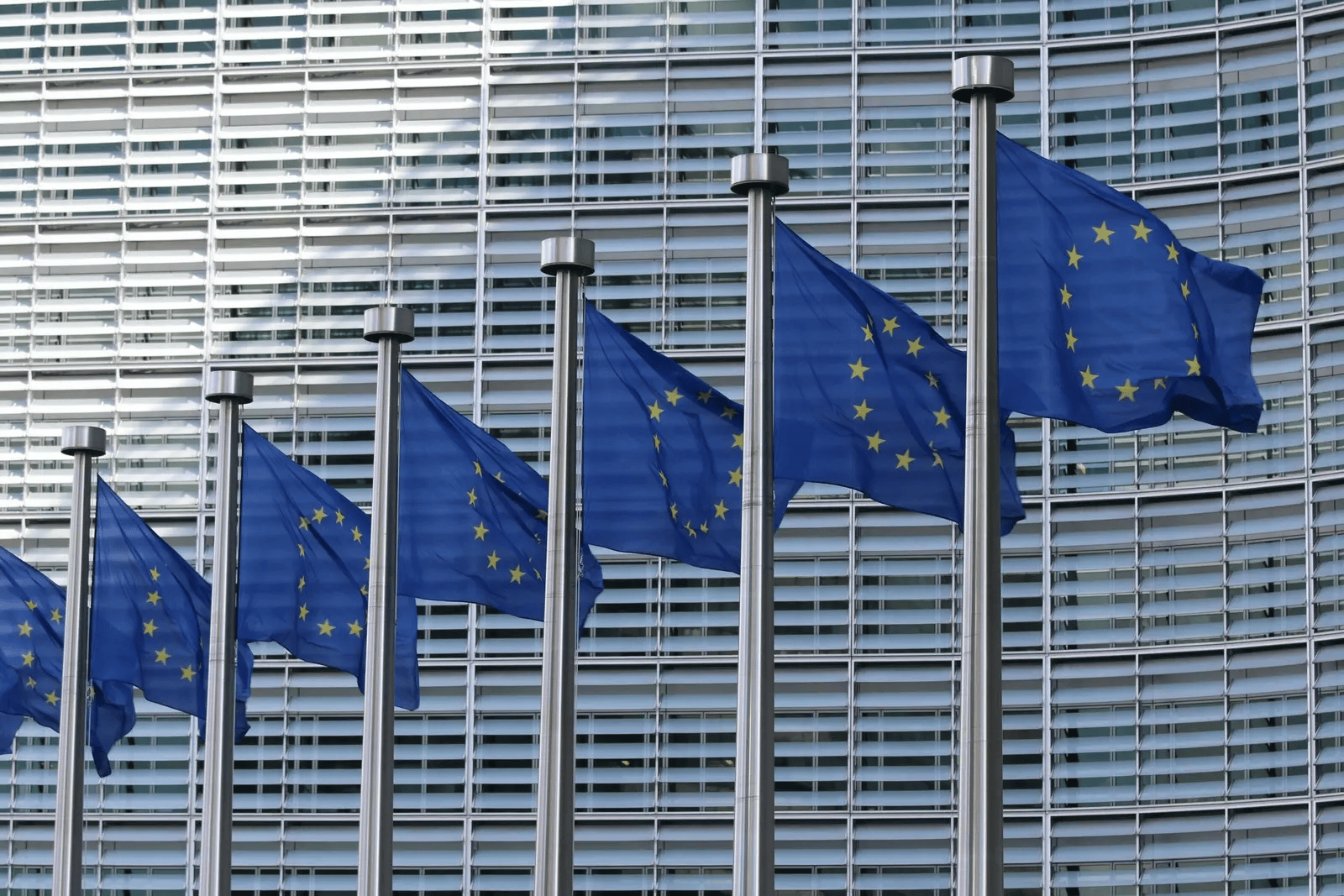Transatlantic Relations
Transatlantic Relations Under the New European Commission

In November 2024, the United States elected a new president and the European Union confirmed its new Commission. With an ongoing war in Europe and rising systemic competition, the 2024–2029 Commission begins its work against a backdrop of pressing geopolitical and economic challenges.
When the last Commission took office in 2019, its goals reflected the priorities of a different era: pushing through the European Green Deal, navigating a post-Brexit European landscape, expanding digitalization, and so on. Five years later, the world looks starkly different. Covid-19 exposed critical supply chain vulnerabilities and placed close-to-unprecedented fiscal burdens on Western states, including those of the EU. The war in Ukraine has shifted European threat perceptions, forcing a fundamental restructuring of energy policies, economic dependencies, and security priorities. A change in administration in the United States promises to bring with it renewed demands for greater European commitment to the transatlantic security and economic partnerships. At home, many European states face growing legitimation crises vis-à-vis their populations.
In this new landscape, the EU’s ability to adapt will prove paramount, as will its wherewithal in re-kindling transatlantic cooperation. The proliferation of challenges — or, as some would say, crises — has not only tested the EU’s resilience but also spurred a reevaluation of priorities, resulting in an agenda more focused on geopolitics than ever before, while still constrained by the EU’s usual internal dynamics. For the first time, defense has emerged as a top priority, with the establishment of an EU Defense Commissioner — a move aimed at bolstering defense spending, enhancing industrial cooperation, and promoting the EU’s role as a security provider. A new focus on enlargement has materialized, particularly in response to the accession ambitions of Ukraine, Moldova, and Western Balkan nations. Competitiveness and economic security have acquired a renewed urgency, with a focus on reducing energy costs and fostering innovation to support growth. These efforts are matched by strategic engagements in global multilateral forums and an emphasis on de-risking Europe’s technological and economic dependencies.
Whether the Commission’s pursuit of these priorities in their current framing will prove sufficient to face the obstacles Europe faces remains to be seen. But in any case, especially given the scope of the Commission’s new agenda, this delicate juncture demands a thorough understanding by policymakers on the other side of the Atlantic of the direction Europe is heading. To this end, the Wilson Center’s Global Europe Program and the Friedrich Naumann Foundation North America have collaborated on a comprehensive new report examining seven critical policy areas where the EU’s strategies will be most consequential: 1) trade, economic security, and competitiveness; 2) relations with China; 3) Europe’s defense industrial base; 4) EU enlargement policy; 5) competitiveness and economic security; 6) technology and digitalization; and 7) energy security.
By providing in-depth insights and expert perspectives, this report offers a roadmap for understanding how the EU’s new direction will shape transatlantic relations and global policy under the incoming European and American administrations. Dive into the full report here: https://www.wilsoncenter.org/publication/transatlantic-relations-under-…
